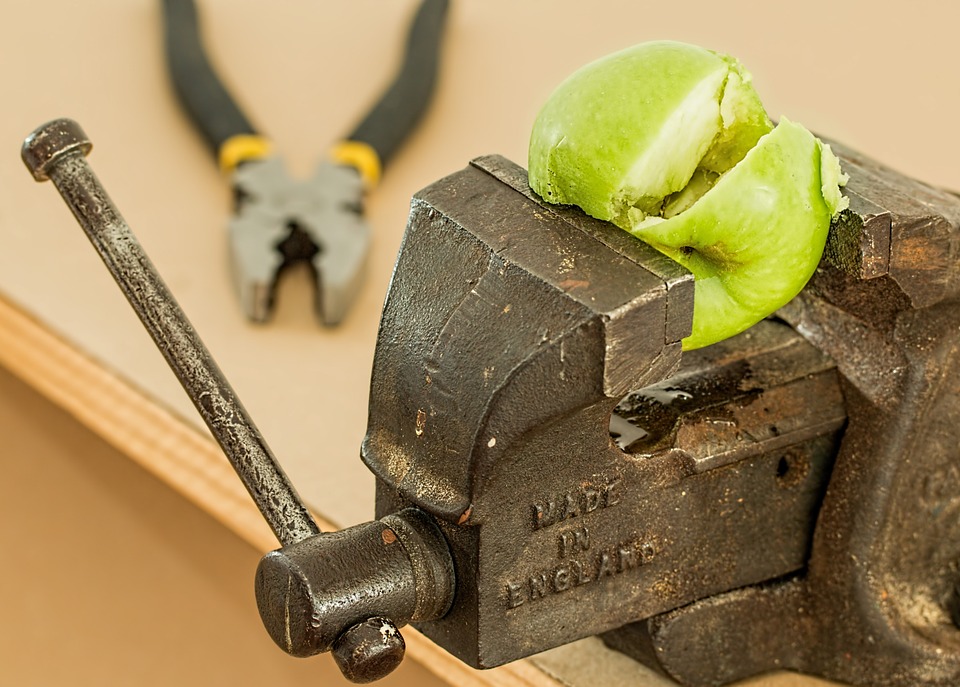Like this article? rabble is reader-supported journalism. Chip in to keep stories like these coming.
On Wednesday morning, I mindlessly shuffled onto an Air Canada Express flight to Toronto. A storm had just started and snow covered the windows of the cabin.
I watched everyone else shuffle on board too: white businessmen mostly, one family with a boy who was probably 15 months old. Everyone looked so awake.
I had a secret that I probably shared with others on board and that I likely wore on my face: I didn’t sleep the night before and it was taking everything I had to confront the day as if I was at full capacity.
I had tried to go to bed at 10:30. From then until 1:00, I tossed and turned, worrying about my flight. Then, my son woke up and my partner took him upstairs to eat something. I lied there until 2:00 when they both came back down. From 2:00 to 3:00, the toddlers partied. Finally at 3:30 I stormed into their room. One was naked, the other was half naked, and they were both jumping in their cribs.
Change the diapers. Find new pyjamas that they can’t remove. Separate them. Go back to bed.
I anticipated my alarm going off before it did, at 4:45. I was in a cab 20 minutes later on my way to the airport.
It’s difficult to describe what life is like when you’re trying to live it with children hanging off of you. A friend once described parent life as a time when you can never really sleep: you’re listening for the next noise.
At the time, I didn’t understand. But now I know that it’s true: worrying all the time that your son will break free from his room and run out the front door certainly takes its toll. Add to that the stress of having children who are sick, or who cannot sleep a full night and you have the recipe to live a life at Peak Zombie.
Life with young children is really, really hard and we don’t talk nearly enough about it. Partly that’s because we live in a society that tells parents to shut up and be happy with their little old-milk smelling dump machines. Even among progressive and feminist parents I know, I rarely see people complain about how difficult life is without tossing in the obligatory “I love my kid, but…”
The other reason that we don’t talk much about this is because most parents of young kids simply don’t have the time to talk about it. Ever try to pull together a thoughtful analysis while you’re also scared that your ringing phone is the daycare saying that your child is having an asthma attack? It’s not easy.
This has major implications for the left: how can activists who are also parents continue to be involved in political organizing? Or, do we need to be honest with ourselves, check out for a few years and get back to it when the kids are old enough to become as internet-obsessed as we are?
Feminists have wrestled with how to be more inclusive of parents, generally, but the results have been inadequate. Limiting these discussions to on-site childcare or meeting times individualizes the problems leaving many parents still unable to remain involved.
We need a broader understanding of the pressures that young parents are under, and we need to find ways to allow for their flexible involvement in social movements.
Parents of young children don’t have the benefits offered to most of society: we don’t have weekends or time off. We don’t have free time. Our capacity to even waste time is limited. We don’t have enough sleep. We are responsible to keep little beings alive, often ones who seem hell bent to test the limits of their own safety. That brings with it an entirely different kind of stress.
Some of us also live precarious lives: one pay cheque or management decision away from losing our homes. Nothing to eat that isn’t canned — and even the canned stuff isn’t enough. Daycare providers who might randomly leave us in the lurch. Children who require frequent hospital visits. Harassment from the police. Abusive relationships. No help. No friends. Threats from child services agencies. Really, the list is long.
The mainstream left has failed young parents and maybe it’s because of our silence, imposed by the grinding daily motion of existence and compounded by other forms of marginalization like patriarchy or white supremacy. But come on, help a mother out.
If we can’t find ways to meaningfully include parents in progressive organizing, our movements can’t succeed. We have to stop measuring involvement by hours logged in meetings and debates. If we aren’t creative enough to move mainstream progressive organizing beyond a place that only really works for single white men, we might as well all go home. Because that’s not good enough.
The good news is that parents of young children interact with the state in a very particular way and deeply understand how austerity feels. Would the NDP have called for a $15 per day child-care program during the last federal election had the campaign been run by a circle of single mothers? Hell no: the demands would have been more radical and frankly, more compelling and strategic.
This is good news only if we can find ways to create more inclusion, more support and more understanding between solitudes that sometimes feel as far apart as Friday does from Monday.
Like this article? rabble is reader-supported journalism. Chip in to keep stories like these coming.
Image: Pixelbay



